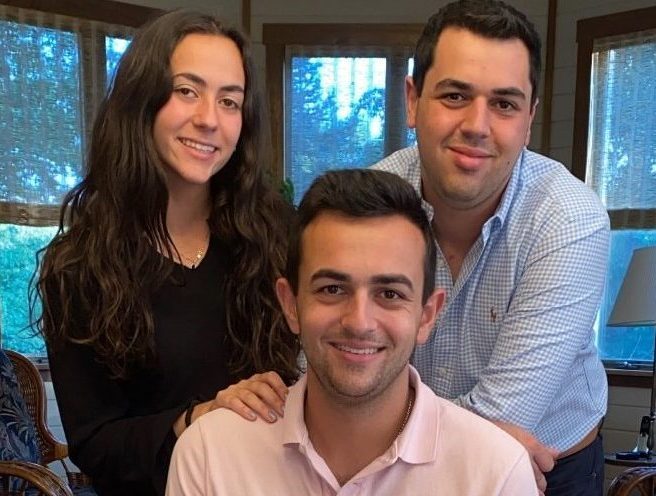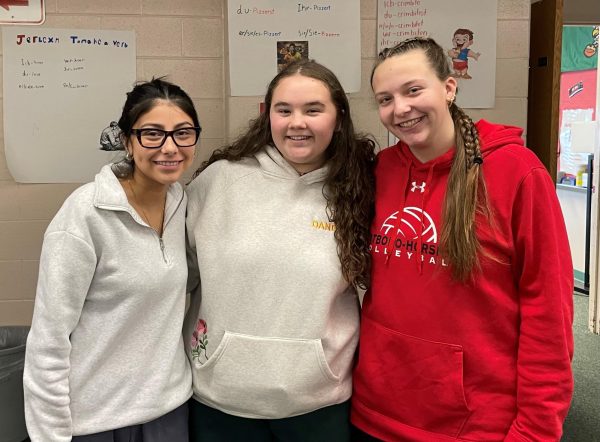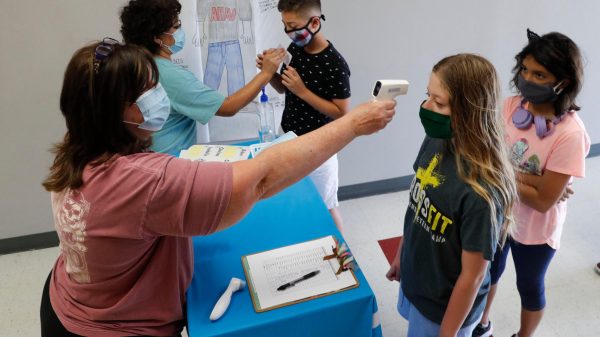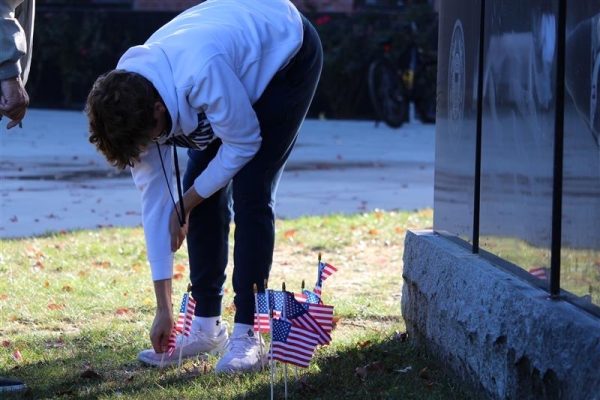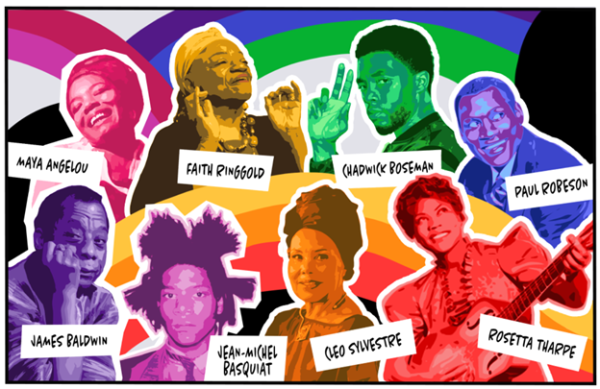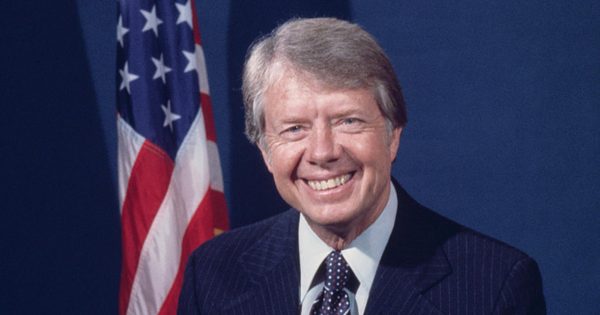Days Off for Rosh Hashanah and Yom Kippur
The district has had a lot of days off at the start of the school year for Jewish holidays, specifically for Rosh Hashanah and Yom Kippur.
Rosh Hashanah, meaning “head of the year,” signifies the beginning of the Jewish New Year. The holiday this year began at sunset on Sept. 6 and ended at nightfall on Sept. 8. It’s the reason we started school later than usual, on Sept. 9.
How is Rosh Hashanah celebrated? Many attend synagogue, participate in prayers, reflect on the past year and perform the Tasklikh, a ceremony in which bread is tossed into a body of water to symbolize the casting away of sins.
Junior Sammy Fuchs said, “This past week, we celebrated Rosh Hashanah a little differently than other years. Normally we attend in-person services at our synagogue, but this year we watched them virtually. We then went to our grandparents’ house, where we saw our extended family.
What are the traditional foods served during Rosh Hashanah? Many feasts include challah bread (made with raisins) and honey-dipped apples, pomegranates and other round, sweet ingredients that symbolize wishes for a sweet year. Others serve fish heads to represent the head of the new year. It is also customary to stay away from sharp foods such as nuts, as well as vinegar-based foods, to avoid a ‘bitter year.’
Senior Talia Newman said, “For Rosh Hashanah, I went to my Bubbie and Poppop’s for dinner and watched services online. I ate matzoh ball soup and apples with honey.“
Yom Kippur, or the Day of Atonement, is celebrated between sundown on Sept. 15 and the evening of Sept. 16, and is considered the most important day of the year in Judaism. It is the last of the 10 days of penitence. Feasts are replaced with fasting from food and work on this holiest of religious days. At the conclusion of the last Yom Kippur service, many gather together with family and friends and enjoy a festive meal at home.
Junior and Hat Chat writer Adam Sherman said, “For Yom Kippur, we [planned to] eat as a family at night to break the fast.”
Junior Lexi Fuchs said “For Yom Kippur, we will fast from sundown on the fifteenth to sundown on the sixteenth. We fast so we can start with a clean slate heading into the new year. We usually go to a synagogue in Philadelphia because our grandfather, who is a rabbi but now retired, still gives a sermon every year at the temple where he used to work. Because of COVID, we will also be attending these services virtually. Following services and after sundown, we will break the fast as a family and eat bagels and lox.”
G’mar chatima tova to everyone who celebrated Yom Kippur!

